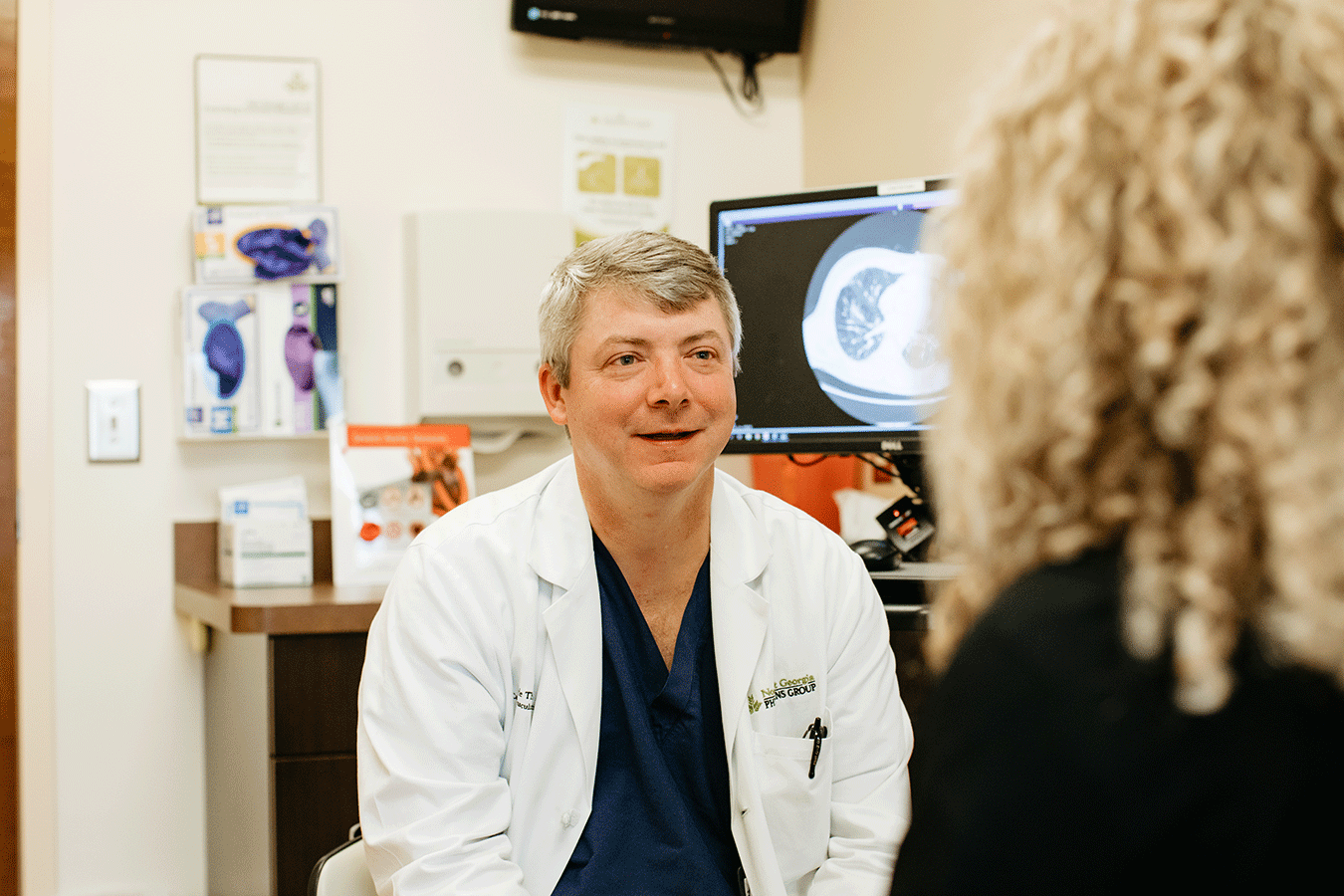If you’ve undergone a CABG, or coronary artery bypass grafting, you know it’s a major procedure. But it’s an important one for making sure your heart can continue to function effectively.
CABG is performed when plaque builds up in the heart’s blood vessels, cutting off or limiting the flow of blood to and from the heart. When blood isn’t flowing effectively to the heart muscle, the heart muscle can become weak, leading to pain or shortness of breath. If blood flow is severely limited, it could lead to a heart attack or death of the heart muscle.
During a heart bypass surgery, healthy blood vessels from elsewhere in the body are used to create a separate pathway for blood to travel around the blockages to restore adequate blood supply to the heart muscle. This lets the heart function more effectively after surgery.
But after you’ve been through surgery and are in the recovery process, what should you expect? You’ll need to make some lifestyle changes. Read on to get the details.
Can the Heart’s Blood Vessels Block Up Again?
Yes, which is why it’s important to take steps to change your habits after undergoing CABG. While the procedure effectively allows blood to go around the blockages, these newly created pathways can also develop plaque build up over time limiting their effectiveness.
That’s because plaque buildup, which consists of cholesterol, fatty, and other waxy substances, is largely the result of habits that have become increasingly common among Americans in the last few decades.
Eating a diet that’s high in processed foods and those high in saturated fats and sodium, living a sedentary lifestyle where movement is limited, smoking, and not properly managing other health conditions, like high blood pressure and diabetes, all increase the risk of plaque building up over time.
To limit plaque buildup in the arteries of the heart, you’ll want to practice heart-healthy lifestyle habits moving forward.
How Long Will I Live After CABG?
While the answer to this question will be different for every person, there is good news in general: Patients undergoing CABG can and often do live long, healthy lives afterward.
Those who successfully undergo a heart bypass and make it through the first month of recovery have a survival rate similar to the general population. And they’re doing it with much-improved heart function!
The key to living a healthy life, though, is following the guidance of your cardiothoracic surgeon, cardiologist, and other medical providers. You’ve taken the time to fixyour heart, now is the time to keep it at its best.
How Can I Keep My Heart Healthy After CABG?
In the immediate aftermath of a heart bypass, you’ll need to carefully follow the instructions provided by your medical team to ensure you’re healing properly and without complications. This will include guidelines on building up your physical fitness, performing breathing exercises to strengthen your heart and lungs, and not lifting/moving in ways that could impair your sternum healing.
Once you’re through the first phase of recovery, turn your attention to healthy living basics:
- Eat a heart-healthy diet.
Fill your plate with lots of fruits and vegetables, paired with lean proteins and whole grains. Limit your intake of saturated fat, excess sodium, and added sugar. You may have received resources about eating habits when discharged from the hospital or during cardiac rehab; use those as your guide. - Move your body.
During cardiac rehab, you’ll be able to exercise and strengthen your body while being carefully monitored at all times. Following rehab and in addition to your rehab sessions, work on incorporating more movement into your day with short walks and other bursts of movement. Get your heart pumping to keep it strong! - Take medications as directed.
After a heart bypass, you will likely be prescribed new medications to manage chronic conditions and keep your heart healthy. Be sure to take those medications as prescribed, and talk with a medical provider if you experience side effects or have questions. - Prioritize rest.
During the first weeks after surgery, you may find yourself needing more sleep and rest as you recover. After that, aim to get between seven and nine hours of sleep per night to maintain optimal heart health. Listen to your body, and rest when you need it. - Carefully manage all health conditions.
While you might not think of other health conditions like diabetes and high cholesterol as being related to your post-bypass recovery, they absolutely are! Anything that impacts the heart can increase your risk of heart disease, atherosclerosis (plaque buildup), and heart attack. To lower your risk, follow your medical team’s guidance for treating your condition. - Keep an eye on your mental health.
Depression and anxiety are very common among patients with heart health issues and those who have had cardiac surgery procedures. While you want to pay close attention to how you’re feeling physically as you recover, also pay attention to how you’re feeling mentally. Don’t hesitate to talk with your medical team if you think you may be experiencing a mental health issue.
Next Steps
When your heart’s at stake, you can depend on the experts at Northeast Georgia Physicians Group Cardiovascular & Thoracic Surgery and Georgia Heart Institute. The cardiothoracic surgery team is here to guide you to better heart health, during surgery and beyond.



